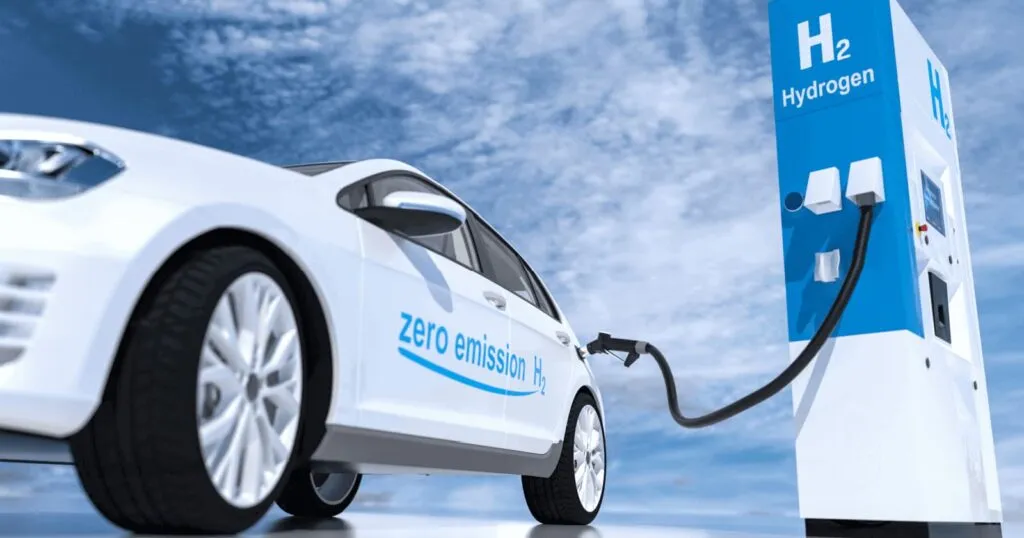Hydrogen Cars and Renewable Energy Technology: The Future of Sustainable Transportation in India

What is Hydrogen Fuel?
Hydrogen is the most abundant element on earth, offering advantages over battery electric vehicles. It has several benefits, which is why it is the preferred choice for sustainable transportation:
- Zero emissions: Hydrogen cars only emit water vapor, significantly reducing air pollution.
- Faster refueling: Hydrogen cars can refuel in 3-5 minutes, similar to gasoline vehicles.
- Extended range: Hydrogen cars can typically drive over 500 km on a full tank, outpacing most battery electric cars.
- Abundant resource: Hydrogen can be sourced from water and renewables, assuring sustainability.
Government Initiatives to Promote Hydrogen Energy
The Indian government recognizes hydrogen as a clean fuel and has launched several initiatives:
- National Hydrogen Mission: Launched in 2021, aimed at making India a global hub for hydrogen production.
- FAME India Scheme: Encouraging hybrid and hydrogen fuel cell vehicles.
- Public-Private Partnerships: Promoting collaborations to enhance hydrogen technology development.
Challenges Hindering Hydrogen Vehicle Adoption
Despite the potential, several challenges exist:
- Production Costs: The current majority production process emits CO2 and relies on fossil fuels.
- Vehicle Costs: High manufacturing costs make hydrogen vehicles a luxury for most consumers.
- Public Awareness: There's a significant gap in public knowledge compared to traditional vehicles.
- Safety Concerns: Hydrogen is flammable, necessitating strict safety protocols.
Prospects for Hydrogen Cars in India
Despite the hurdles, opportunities abound:
- Decarbonizing Transport: Adoption of zero-emission vehicles can greatly aid India’s net-zero goals.
- Global Export Potential: India can position itself as a major hydrogen exporter due to its renewable energy resources.
- Energy Security: Domestic hydrogen production provides economic stability and dependency reduction.
- Cleaner Urban Environments: Hydrogen vehicles can facilitate improved public health through reduced emissions.
Conclusion and Future Directions
Hydrogen cars can transform the Indian automobile industry and contribute massively to reducing pollution. With supportive initiatives from the government and a step towards public acceptance, the journey towards hydrogen-powered mobility can redefine the landscape of transportation in India. Continued efforts in infrastructure, education, and cost reduction will bolster this green vision.
This article was prepared using information from open sources in accordance with the principles of Ethical Policy. The editorial team is not responsible for absolute accuracy, as it relies on data from the sources referenced.